How long-range weather forecasts can boost the economy
British scientists crack formula to develop world's best long-term weather forecast model
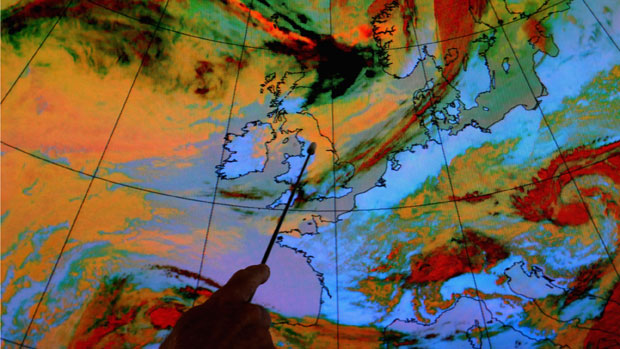
A free daily email with the biggest news stories of the day – and the best features from TheWeek.com
You are now subscribed
Your newsletter sign-up was successful
WEATHER forecasters have cracked the formula to predict long-range weather, which is expected to have a substantial impact on the economy.
The new long-term weather forecast model, described as the best in the world, will make it easier to predict extreme winters, reports The Times.
It does not give a precise forecast, but offers a risk-based prediction, giving the odds that a particular year will have colder or milder conditions than average.
The Week
Escape your echo chamber. Get the facts behind the news, plus analysis from multiple perspectives.

Sign up for The Week's Free Newsletters
From our morning news briefing to a weekly Good News Newsletter, get the best of The Week delivered directly to your inbox.
From our morning news briefing to a weekly Good News Newsletter, get the best of The Week delivered directly to your inbox.
British scientists say that the breakthrough is due to an increase in computing power, which allows them to simulate the climate on a more detailed scale. They can zoom in more closely to analyse the sea and atmosphere, meaning they can take into account much smaller changes in the Gulf Stream and Arctic sea ice coverage that can have powerful impacts on the British climate.
The model was found to be 62 per cent accurate at giving broad predictions of weather conditions when it was tested on 20 years of retrospective data. Met Office scientists estimate that this will increase to 80 per cent accuracy.
The Met Office has faced embarrassment over its seasonal forecasts in the past, says The Times, most notably the forecast of a "barbecue summer" in 2009, which turned out to be a washout.
Here is how organisations in the UK could benefit from a more accurate long-range forecast:
A free daily email with the biggest news stories of the day – and the best features from TheWeek.com
- Airports and councils would be able to estimate more precisely how much grit and anti-freeze is likely to be required
- Insurers would be able to estimate the potential risks of winter storms.
- Power companies and wind farms would be able to anticipate energy demands.
- Hospitals could better prepare for increases in winter-related illnesses and accidents, such as respiratory illness and broken bones from slipping on snow and ice.
- Retailers would be able to postpone purchases or stock up on appropriate items, such as warm clothes.
-
 Minnesota's legal system buckles under Trump's ICE surge
Minnesota's legal system buckles under Trump's ICE surgeIN THE SPOTLIGHT Mass arrests and chaotic administration have pushed Twin Cities courts to the brink as lawyers and judges alike struggle to keep pace with ICE’s activity
-
 Big-time money squabbles: the conflict over California’s proposed billionaire tax
Big-time money squabbles: the conflict over California’s proposed billionaire taxTalking Points Californians worth more than $1.1 billion would pay a one-time 5% tax
-
 ‘The West needs people’
‘The West needs people’Instant Opinion Opinion, comment and editorials of the day
-
 Shell’s North Sea oil U-turn: ‘a first victory in a longer war’?
Shell’s North Sea oil U-turn: ‘a first victory in a longer war’?Speed Read Controversy after oil giant pulls out of proposed Cambo project
-
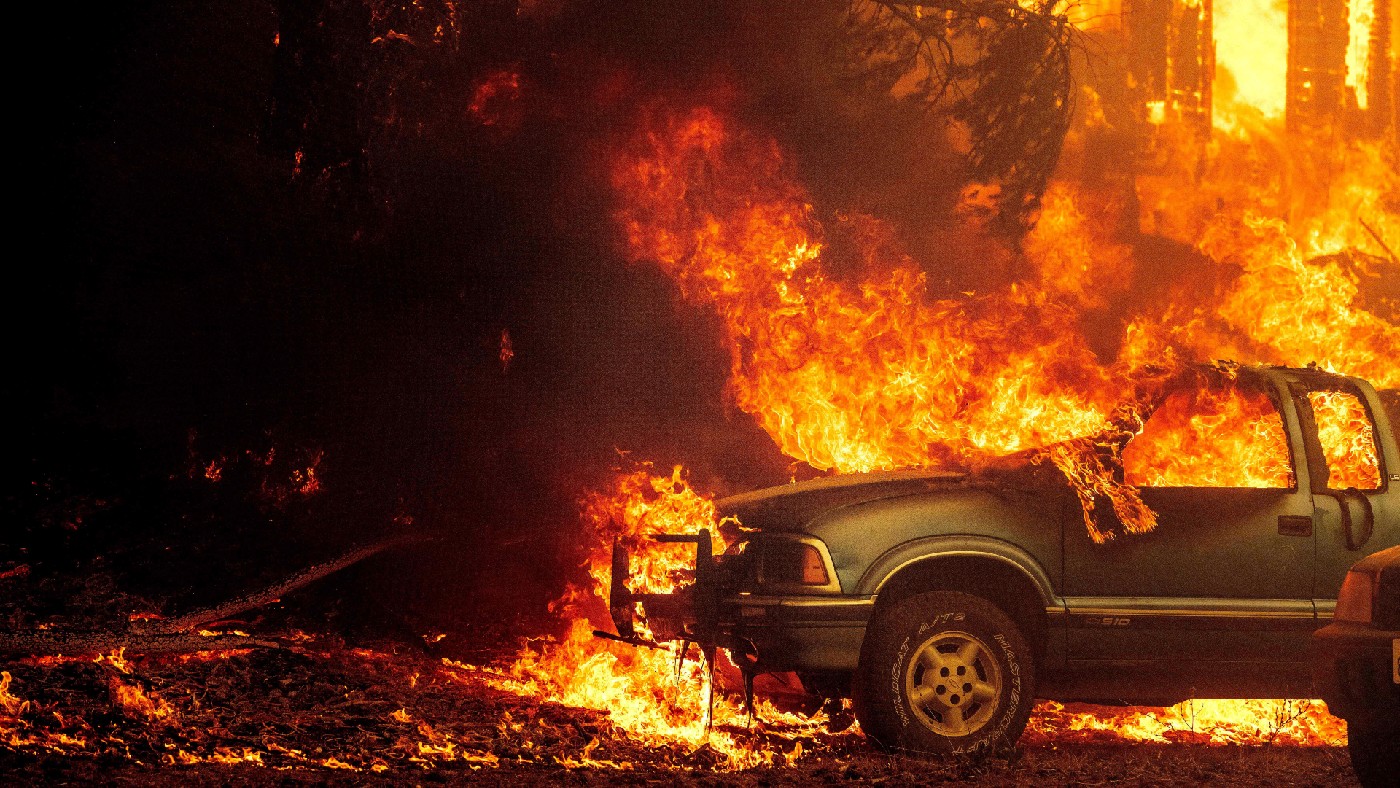 Fires, floods and storms: America’s ‘permanent emergency’ has begun
Fires, floods and storms: America’s ‘permanent emergency’ has begunSpeed Read This summer of climate horror feels like the ‘first, vertiginous 15 minutes of a disaster movie’, says The New York Times
-
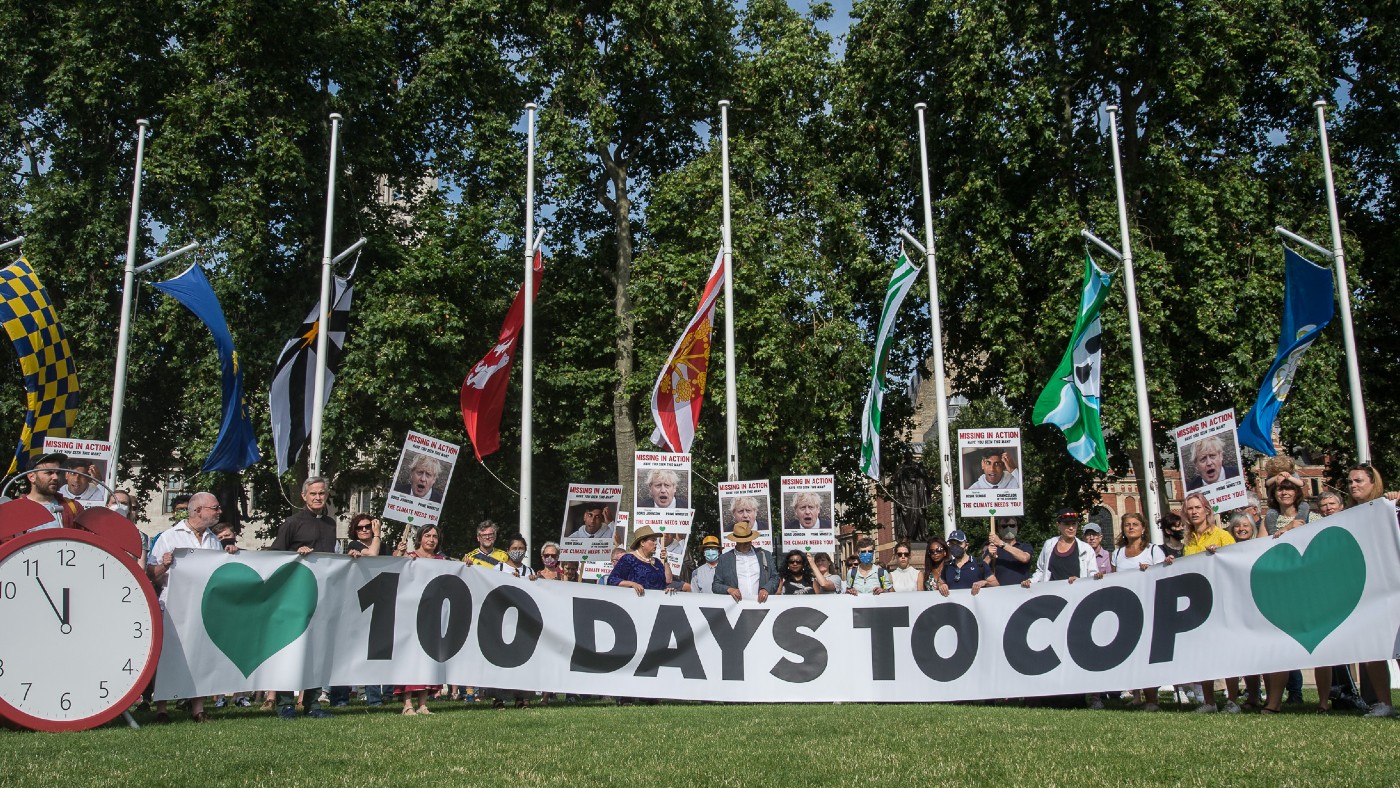 Hot air and empty rhetoric: is the UK acting too slowly on climate change?
Hot air and empty rhetoric: is the UK acting too slowly on climate change?Speed Read ‘Every day, new evidence accumulates that humanity is on an unsustainable path’
-
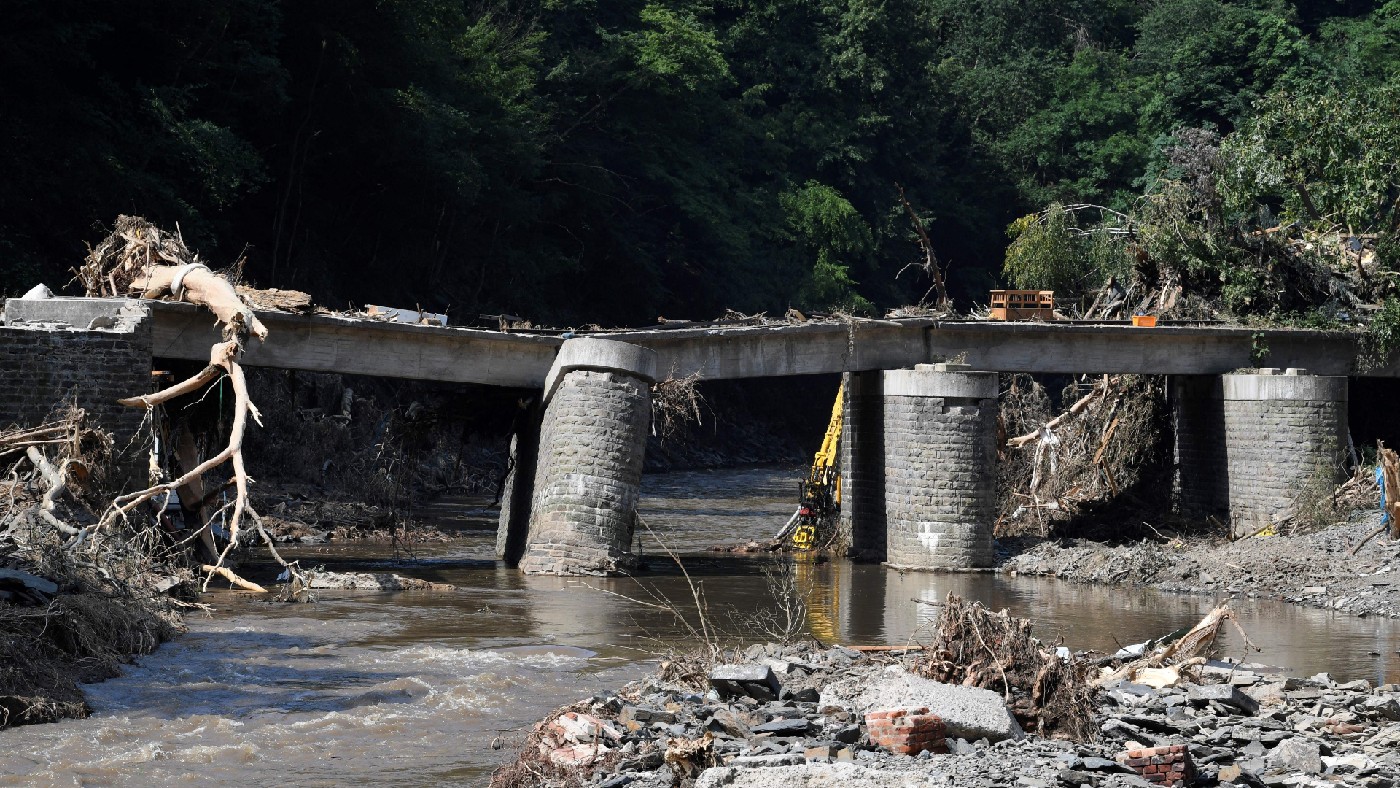 Germany floods: what led to this ‘once-in-a-century’ disaster?
Germany floods: what led to this ‘once-in-a-century’ disaster?Speed Read Nearly 200 people died in Germany and Belgium; hundreds are still unaccounted for
-
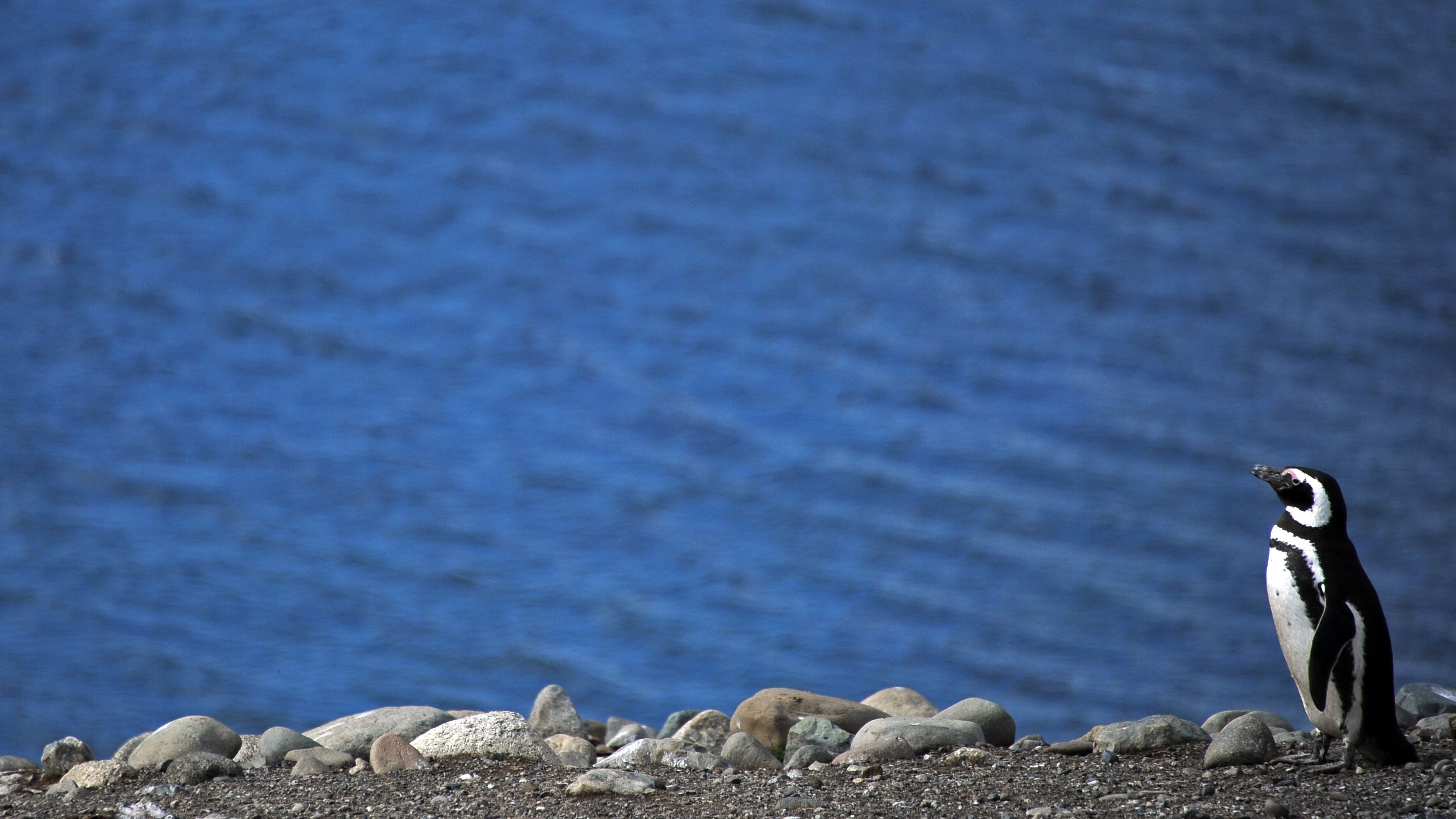 Penguin colony at risk as Somerset-sized iceberg bears down on British overseas territory
Penguin colony at risk as Somerset-sized iceberg bears down on British overseas territorySpeed Read Several species face starvation if the icy giant blocks access to feeding grounds
-
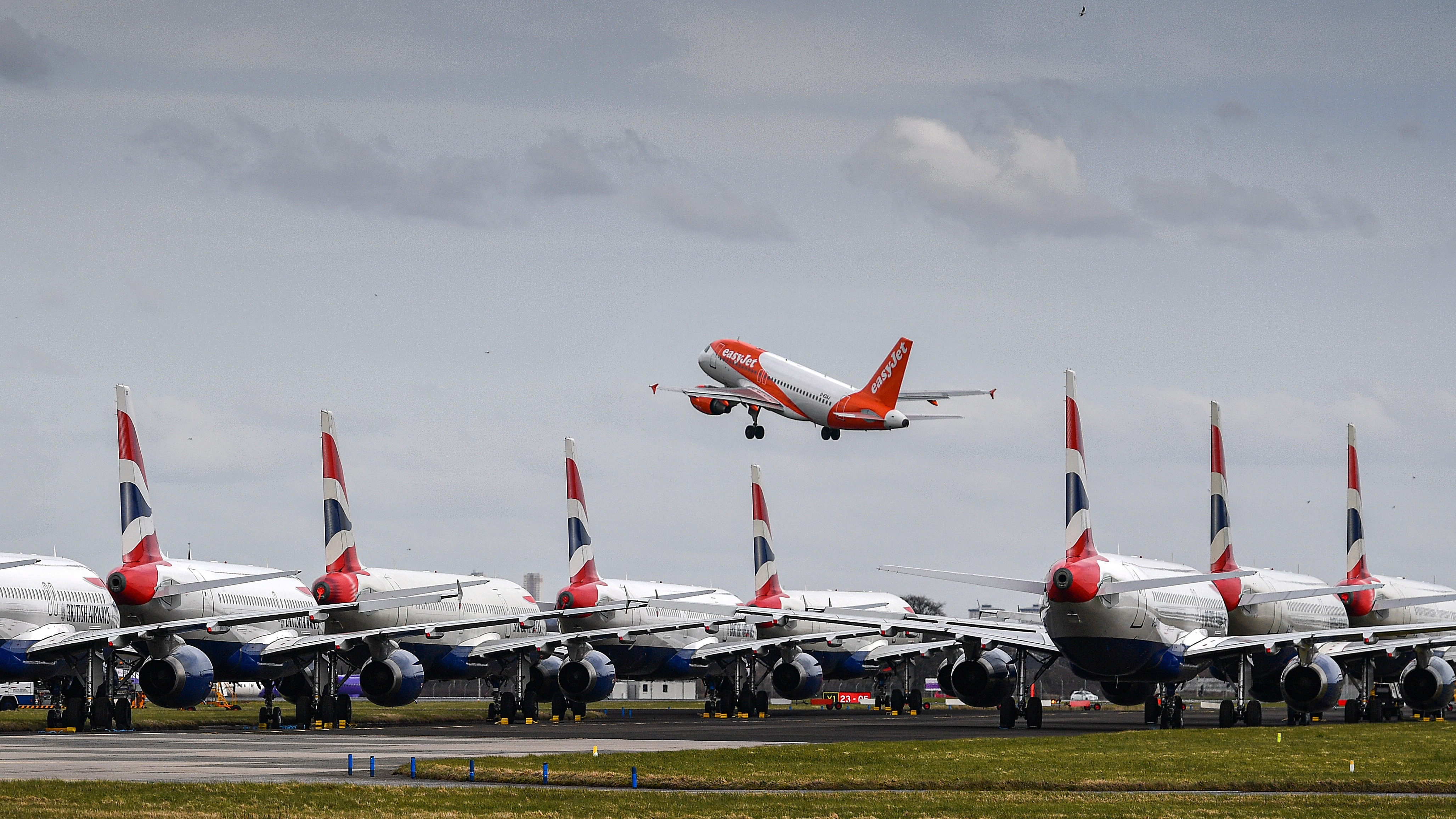 ‘Full of hot air’: climate experts exposed as academia’s most frequent flyers
‘Full of hot air’: climate experts exposed as academia’s most frequent flyersSpeed Read Study results trigger calls for environmentalists to ‘look in the mirror’
-
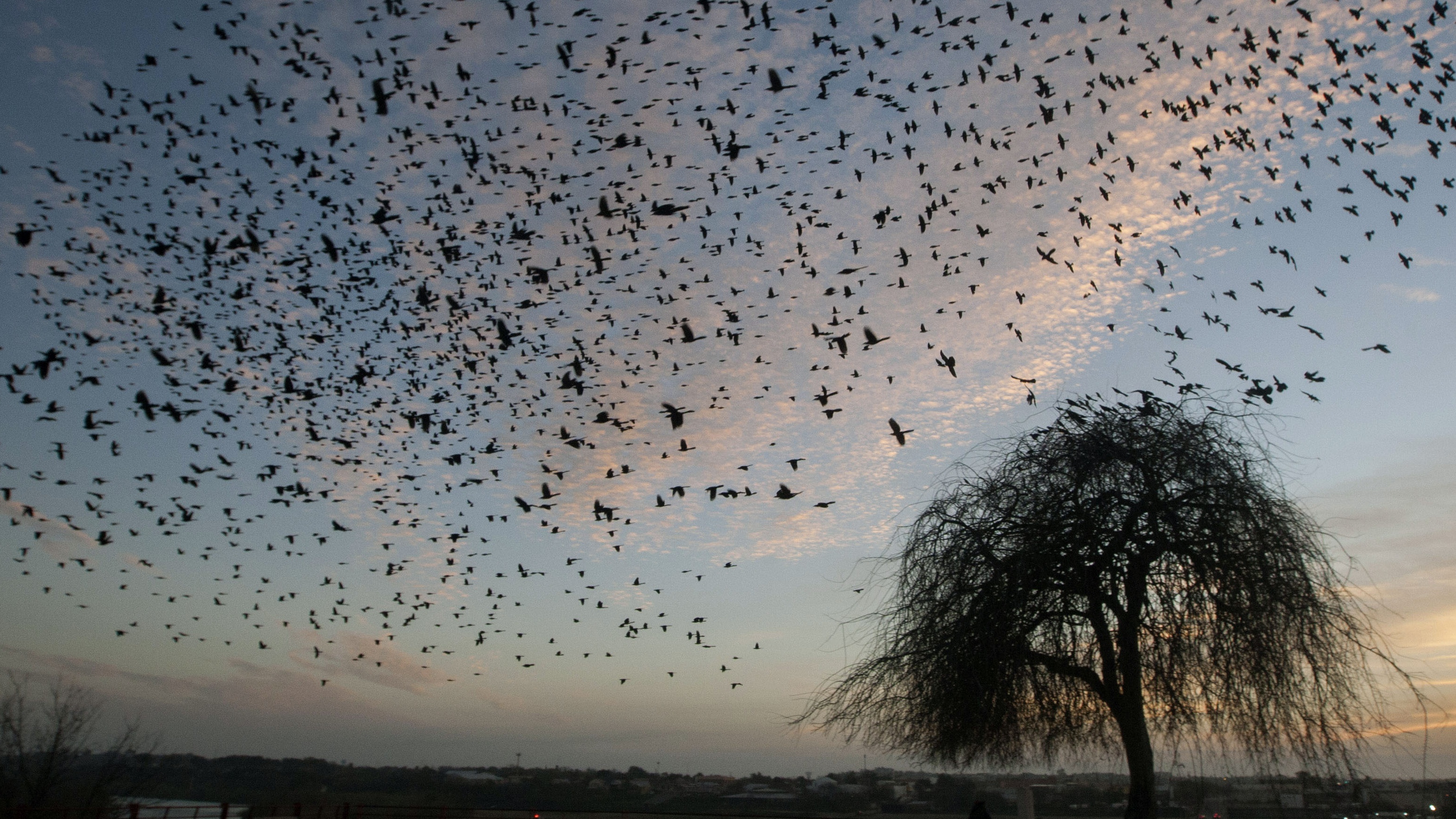 Mystery of millions of migrating birds dropping dead from US skies
Mystery of millions of migrating birds dropping dead from US skiesSpeed Read Some experts believe the West Coast wildfires may be to blame for ‘unprecedented’ mass bird deaths in New Mexico
-
 Americans warned not to plant mystery seeds being sent to homes nationwide from China
Americans warned not to plant mystery seeds being sent to homes nationwide from ChinaSpeed Read Officials say the unsolicited packages have been mailed to residents in at least 27 US states